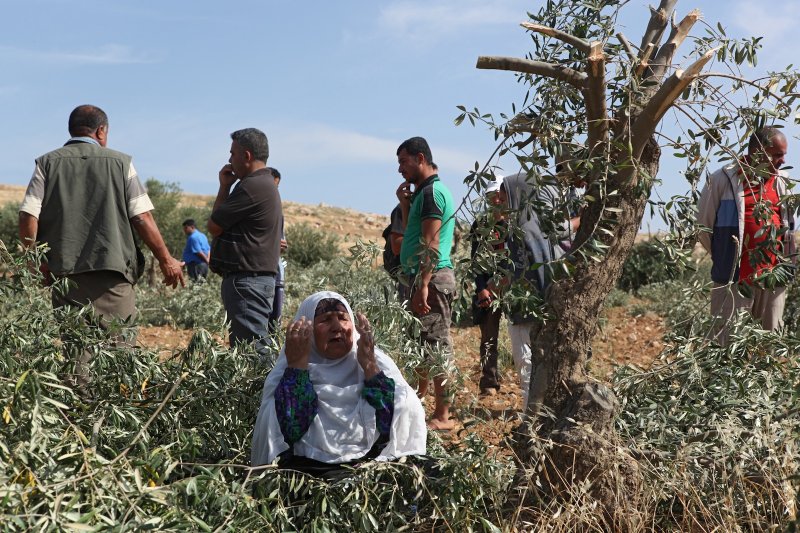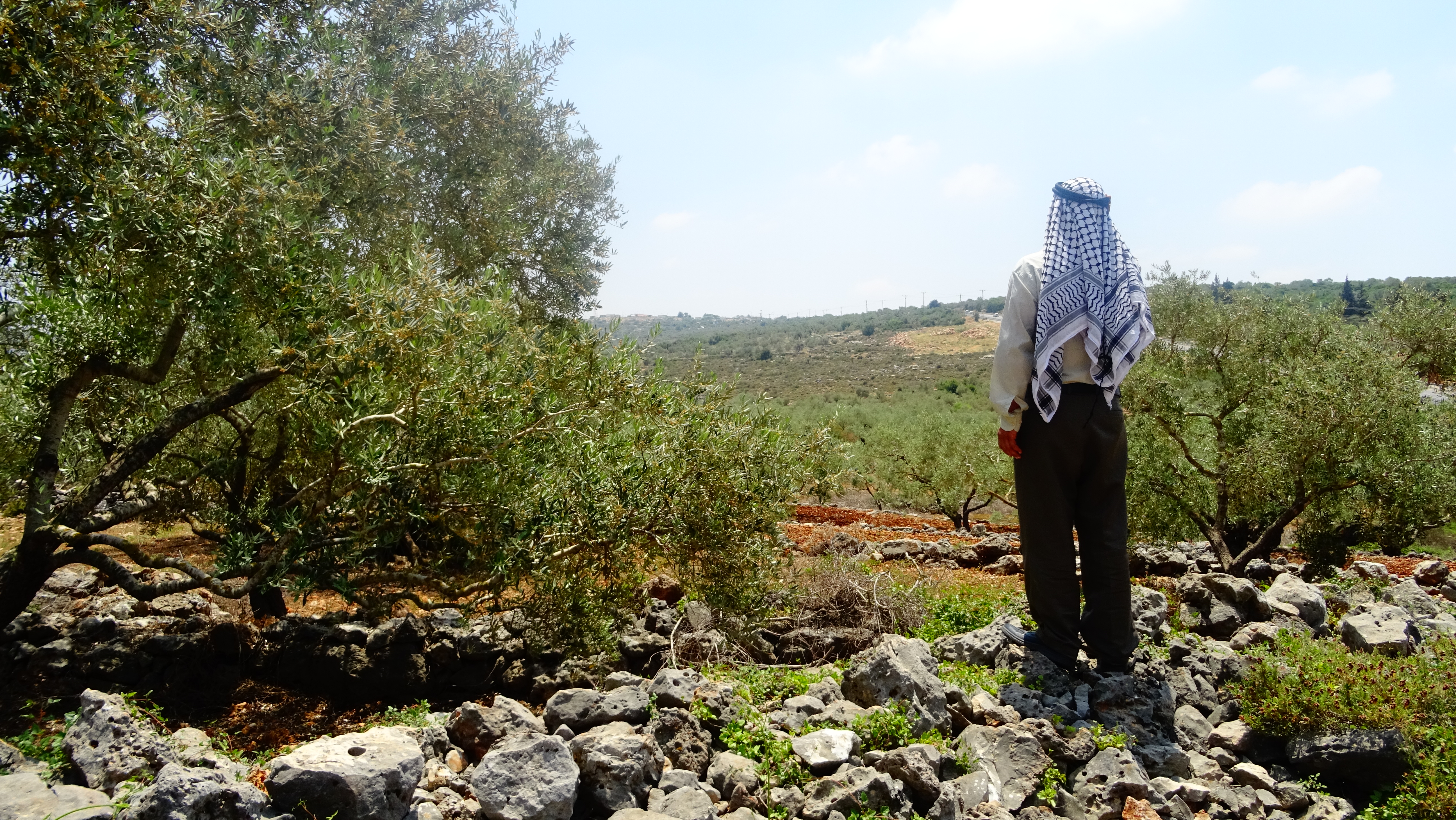Tag: Olive Trees
-

8th Kite Festival in Burin
18th July 2017 | International Solidarity Movement, al-Khalil team | Burin, occupied Nablus At the beginning of July the local committee of Burin invited to the town`s 8th Kite Festival of the City. The festival is kind of a tradition for this town, but has not taken place for the last three years, because the…
-

Call to action: Olive Harvest 2017
10th July 2017 | International Solidarity Movement | Ramallah, occupied Palestine At a time of regular settler violence in the West Bank, the International Solidarity Movement (ISM) is issuing an urgent call for volunteers to join us for the 2017 Olive Harvest Campaign at the invitation of Palestinian communities. The olive tree is a national symbol for…
-

Palestinians denied passage for Friday prayer in Deir Istiya
6th May 2017 | International Solidarity Movement, Ramallah Team | Deir Istiya, occupied Palestine Yesterday, 5th May, for the second week in a row , a group of Palestinians gathered in the olive groves, just outside Deir Istiya, district of Salfit, for their Friday prayer. Before the prayer even started, a group of Israeli soldiers denied…
